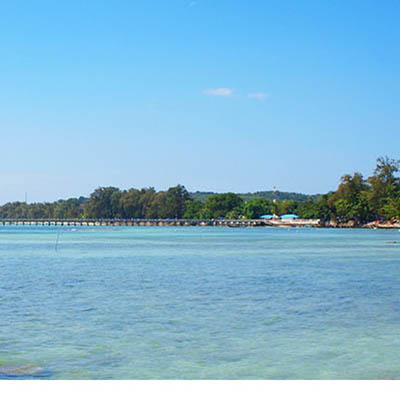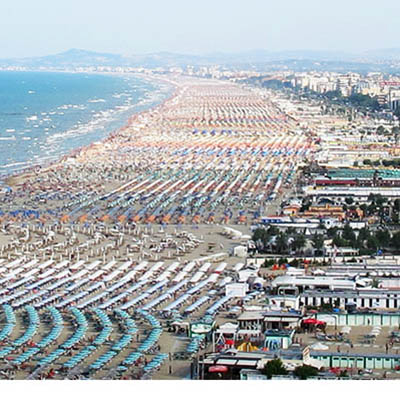

Hotels

Flights
Toronto Monthly Climate Averages

Toronto is located in humid continental climate zone that is known for significant seasonal temperature variations warm or even hot summer and cold winter with roughly similar amounts of rainfall.
To help you choose the best time to travel, you can find climate data below on the weather in Toronto .
| Month | day |
night |
rain |
|
| January | -0.7 | -6.7 | 62 | 9.9h |
| February | +0.4 | -5.6 | 55 | 11h |
| March | +4.7 | -1.9 | 54 | 12.5h |
| April | +11.5 | +4.1 | 68 | 14h |
| May | +18.4 | +9.9 | 82 | 15.3h |
| June | +23.8 | +14.9 | 71 | 16h |
| July | +26.6 | +18 | 64 | 15.6h |
| August | +25.5 | +17.4 | 81 | 14.4h |
| September | +21 | +13.4 | 85 | 12.9h |
| October | +14 | +7.4 | 64 | 11.5h |
| November | +7.5 | +2.3 | 84 | 10.2h |
| December | +2.1 | -3.1 | 62 | 9.6h |
Best time with the soft weather for the sightseeing and long walks in Toronto are May, June, July, August, September.
Temperature in Toronto
The table shows that the hottest months in Toronto are July and August, during which the average daytime temperature reaches +26.6°C and the nighttime temperature falls to +18°C.
The coldest months are January and February, when the daily average temperature falls to -0.7°C, and drops to -6.7°C during the night.
Best beach resorts :

Dubai
UAE

Venice
Italy

Barcelona
Spain

Cape Town
South Africa

Phuket
Thailand

Bangkok
Thailand
Most Popular Destinations in the World
Sea temperature
The month with the highest average monthly temperature in Lake Ontario on the beaches of Toronto is August with 22.4 degrees.
The coldest water can be found in March — 2degrees C.
Precipitation
The largest amount of precipitation falls on average in September and November, up to 85mm, and the least in March and February — up to 54mm.






